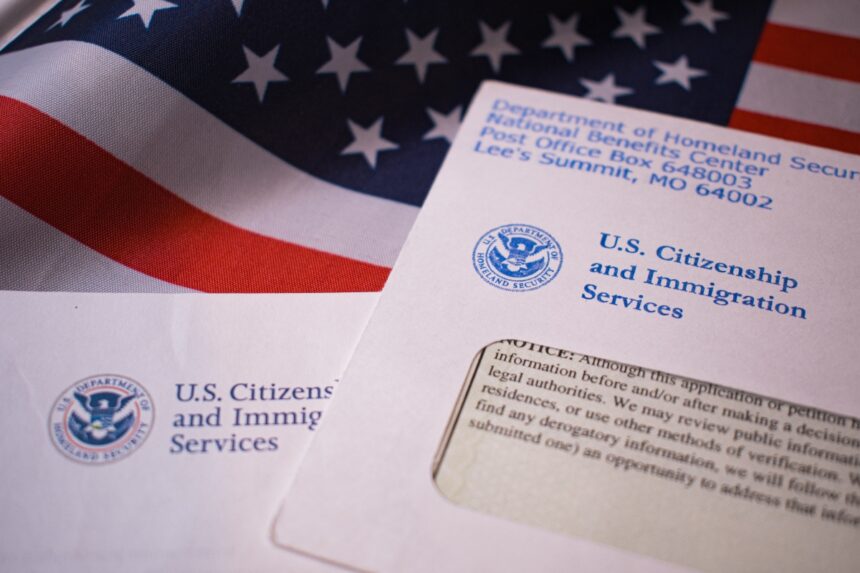Starting this Thursday, October 16, the U.S. Government will implement a $1,000 fee for those applicants of the humanitarian parole program who obtain a temporary residence permit, unless they fall within the legal exceptions defined by the Department of Homeland Security (DHS).
This measure is part of the changes introduced by H.R.1 – One Big Beautiful Bill, signed into law on July 4, 2025. Here’s what we know about the increase in the humanitarian parole rate.
Who will be affected?
#Now | The new fee will apply beginning Oct. 16 to aliens who receive a temporary stay permit in the U.S. through this program, including those who have an application pending but not yet approved👇👇https://t.co/IajO2If091
– Confidencial Nicaragua (@confidencial_ni) October 15, 2025
This fee will apply to foreign nationals who obtain a temporary permit under parole, even if they already have a pending application that has not been approved.
However, there will be exceptions, for example, when the permit is granted for medical emergencies, attendance at funerals, or if DHS determines that granting the permit represents a “significant public benefit” to someone who cooperated with law enforcement agencies.
If a beneficiary fails to make the required payment, his or her permit will be cancelled even if he or she is already present in the U.S. or upon inspection at a port of entry.
When does this start?
The new fees, established by H.R.1, became effective upon publication in the Federal Register on July 22, 2025.
As of August 21, 2025, any form submitted without the correct fee may be automatically rejected.
It is important to note that these new fees are in addition to existing USCIS fees.
In many cases, they may not be exempt.
What it means for applicants
Applicants must budget at least an additional $1,000 for their parole application.
If they comply with any of the legal exceptions, they may be exempt.
In cases where the permit has already been granted or is in process, back payment or revocation of the permit may be required if the fee is not complied with.
Since many of these permits serve as a bridge to other immigration benefits (such as work permits or asylum applications), this fee can complicate the process for people with limited resources.
Why it matters for the Hispanic community
Many parole applicants are migrants from countries such as Venezuela, Haiti, Cuba and Nicaragua, who see this fee as a significant economic barrier.
Those who rely on parole to work legally now face a high cost just to access the program.
This policy reflects a tightening of the immigration system under the current administration, which may directly affect families already living with uncertainty.
If you are considering applying for parole or already have a parole application in progress, it is vital that you check if you are eligible for any exemptions and that you have legal advice to avoid rejections or cancellations.
This change is not minor: it can decisively alter the migration strategy of many people
QuéOnnda.com
Filed under: Humanitarian parole rate increase














